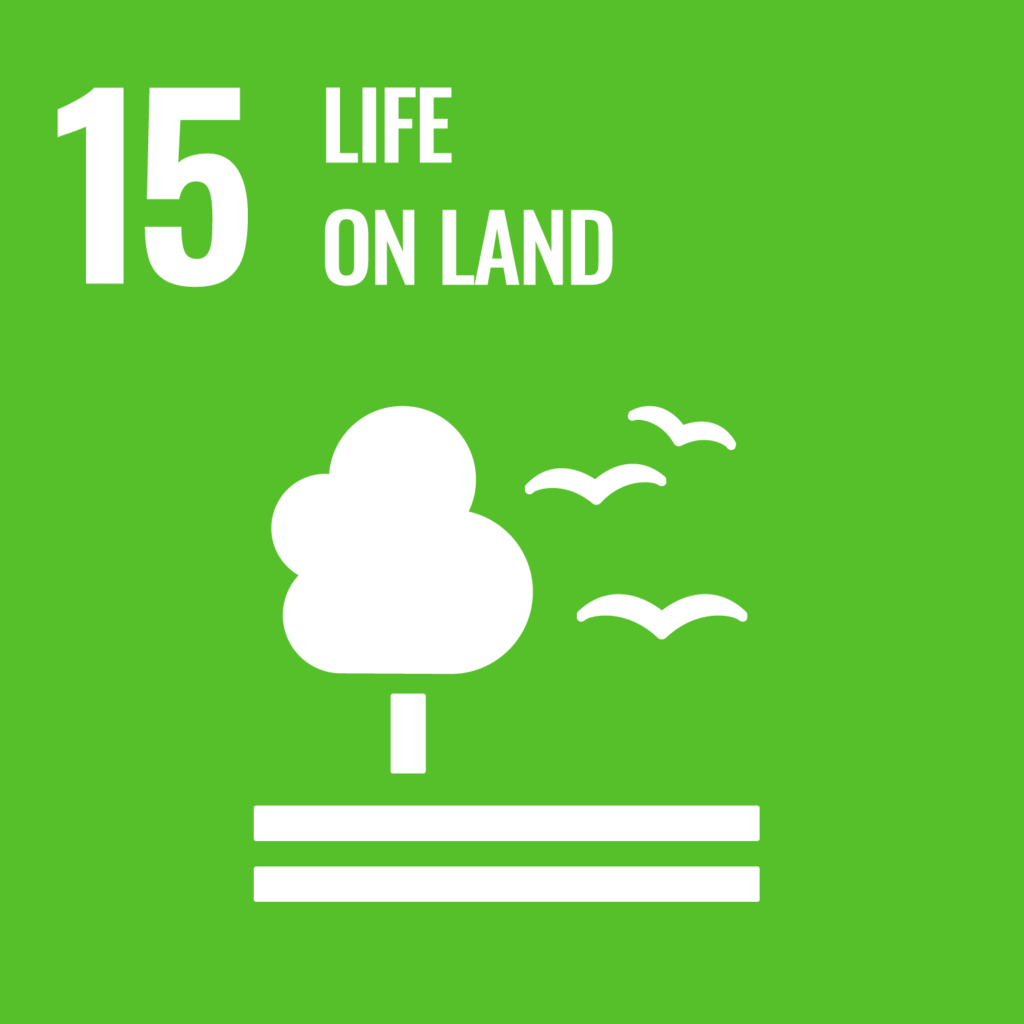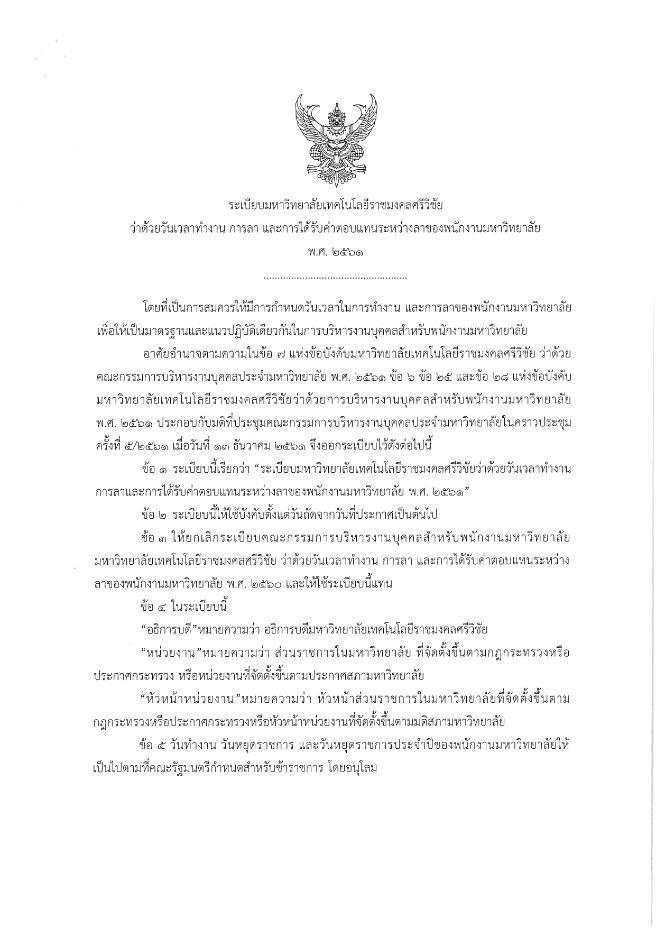Reporters: Asst.Prof.Dr. Prapot Maliwan
Assoc.Prof.Dr. Pornsil Seephueak
Asst.Prof.Dr. Nion Chirapongsathonkul
Asst.Prof.Dr. Worawitoo Meesook
Evidence Date: during 2024 Jan-Dec
Related Indicators: 15.2.2
Details:
Rajamangala University of Technology Srivijaya (RUTS) is deeply committed to advancing the Sustainable Development Goals (SDGs) through its campus farming policy, which emphasizes hands-on agricultural learning. This policy aims to equip students with practical skills while promoting sustainable agricultural practices. Within this framework, the Faculty of Agriculture implements teaching and learning activities that encourage students to apply theoretical knowledge in real-world situations. The integration of practical experience into the curriculum helps students understand resource management, sustainability, and innovation in agriculture. This approach aligns with SDG 15.2.2, which focuses on sustainable land use and responsible management of natural resources through education.
In the Animal Science program, students enrolled in the Forage Crops course have applied this principle by utilizing oil palm residues from the university’s palm plantation. These residues, which would otherwise be agricultural waste, were repurposed as a valuable resource for animal feed production. Students learned to process the materials into roughage feed through chopping and fermentation using beneficial microorganisms. This process not only enhanced feed quality but also demonstrated the importance of reducing agricultural waste. The activity reflects the university’s effort to promote circular agriculture and sustainable resource utilization, a key component of SDG 15.2.3, emphasizing the maintenance and restoration of land productivity.
Through this practical learning experience, students gained both technical and environmental awareness. They understood how integrating waste management into livestock production contributes to sustainability and biodiversity conservation. The course encouraged creativity and problem-solving as students experimented with fermentation techniques and nutrient optimization. Faculty members guided them to connect classroom learning with sustainable farming principles and ethical agricultural practices. This aligns closely with SDG 15.2.4, which highlights education as a tool for preserving ecosystems and promoting responsible land management.
Beyond classroom activities, this initiative also integrates research components related to animal nutrition and feed innovation. Students participated in small-scale research projects to evaluate feed quality, nutritional composition, and the efficiency of microbial fermentation. These projects help bridge academic knowledge with real agricultural applications, preparing students to contribute to sustainable livestock production systems. The research outcomes not only benefit academic development but also support the local agricultural community through knowledge transfer. Such integration of teaching and research embodies the university’s vision of sustainability-driven education.
Overall, RMUTSV’s commitment to sustainability through campus farming demonstrates its role as a leader in promoting environmentally responsible agricultural education. By turning waste into value, students and faculty contribute to reducing environmental impact while improving food and feed security. The program exemplifies how practical learning, combined with innovation, can advance sustainable farming systems. This initiative supports the university’s mission to align academic excellence with the global Sustainable Development Goals. Through active engagement in sustainable practices, RMUTSV continues to nurture future agricultural leaders who value both productivity and ecological balance.
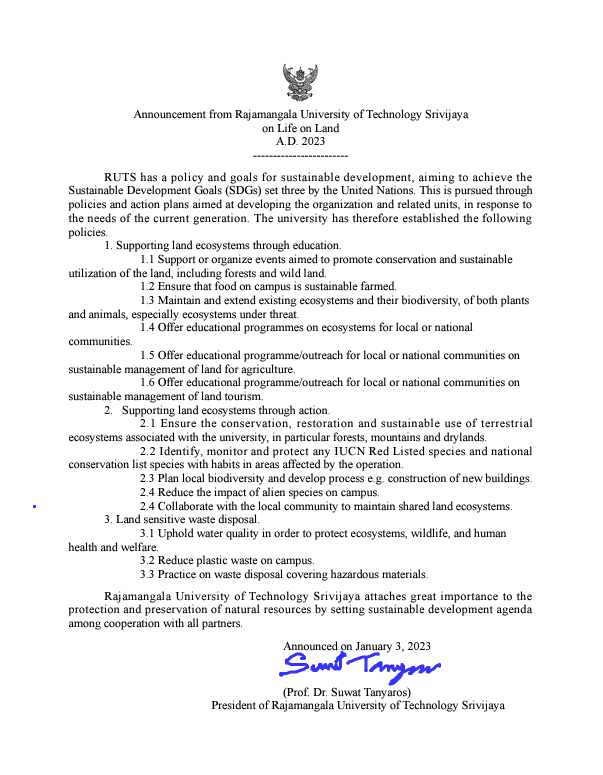
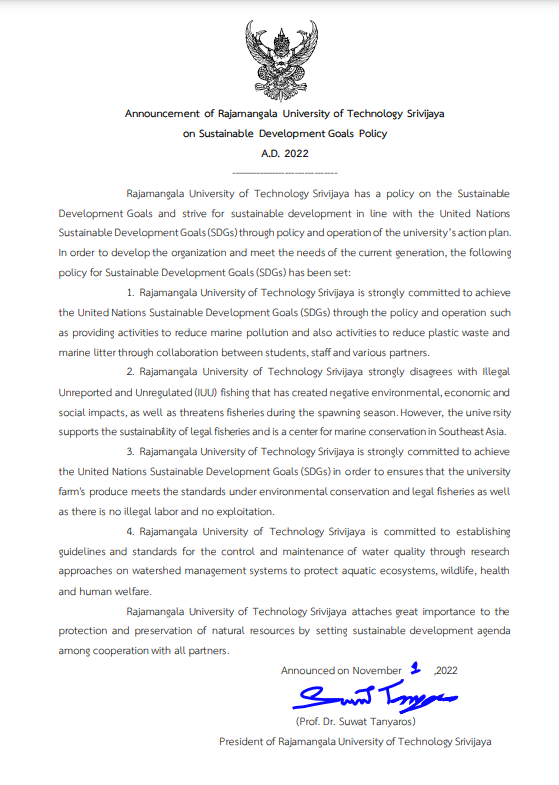
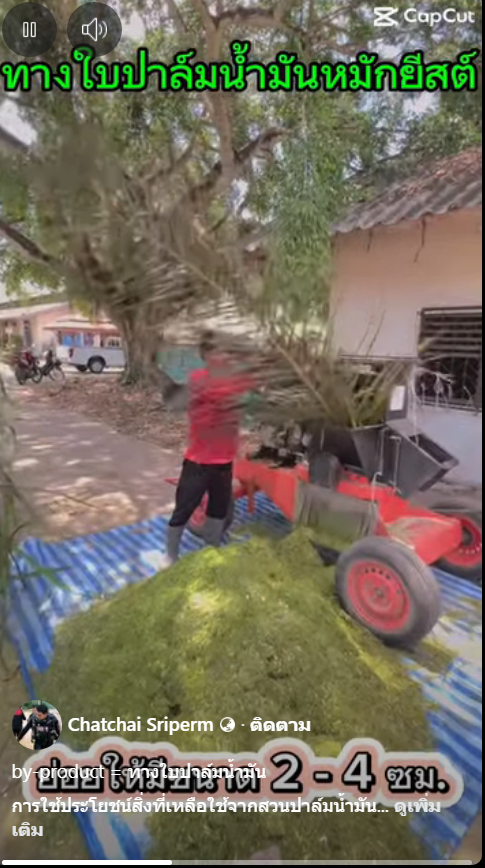
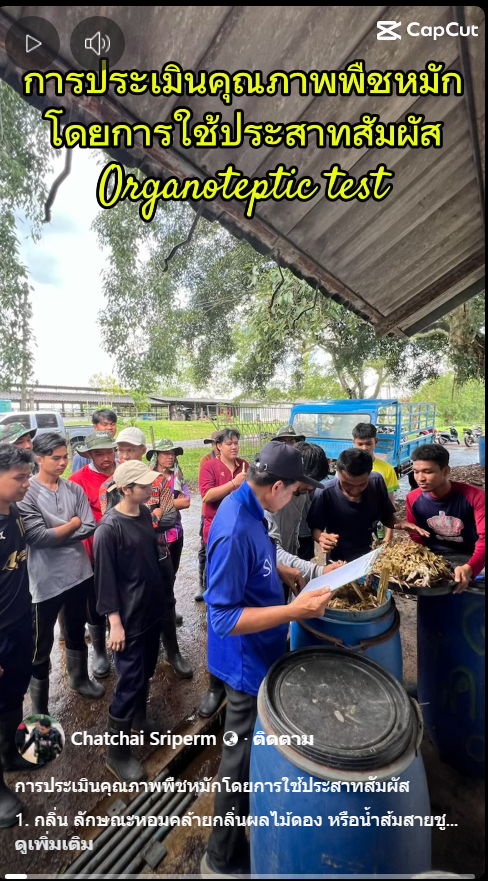
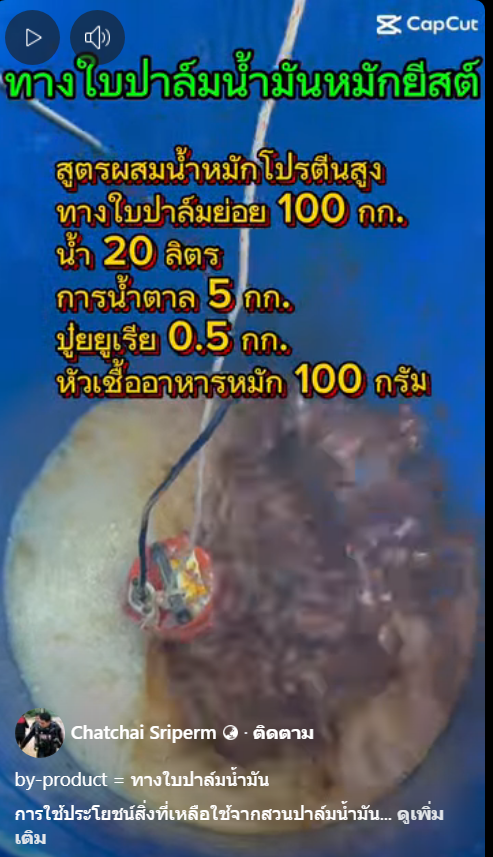
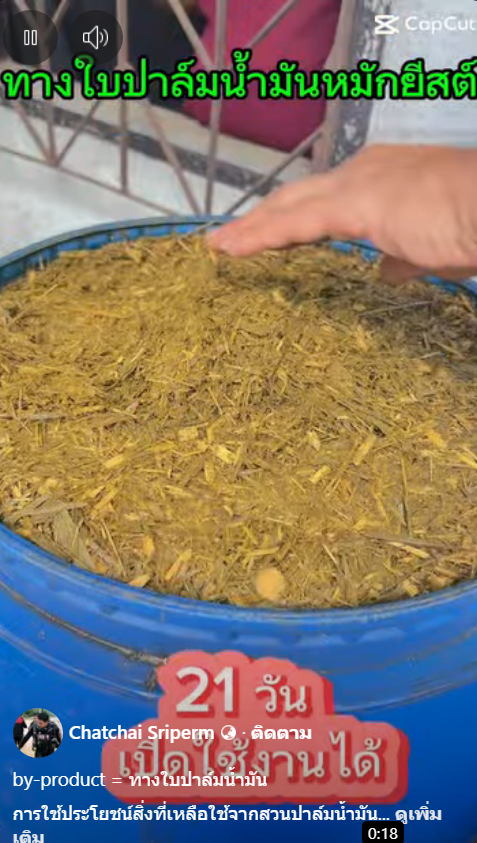
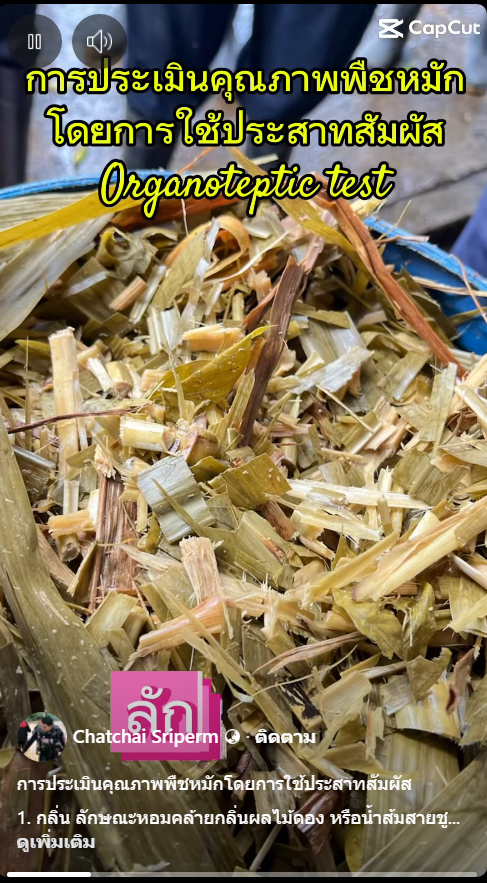
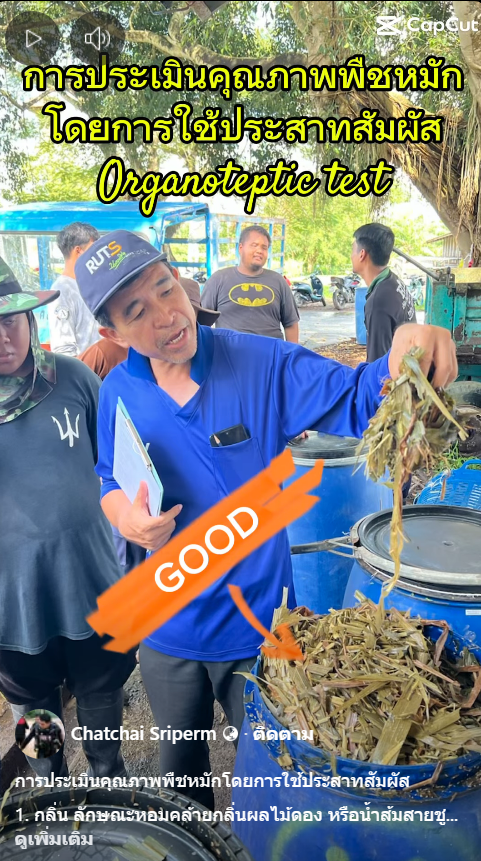
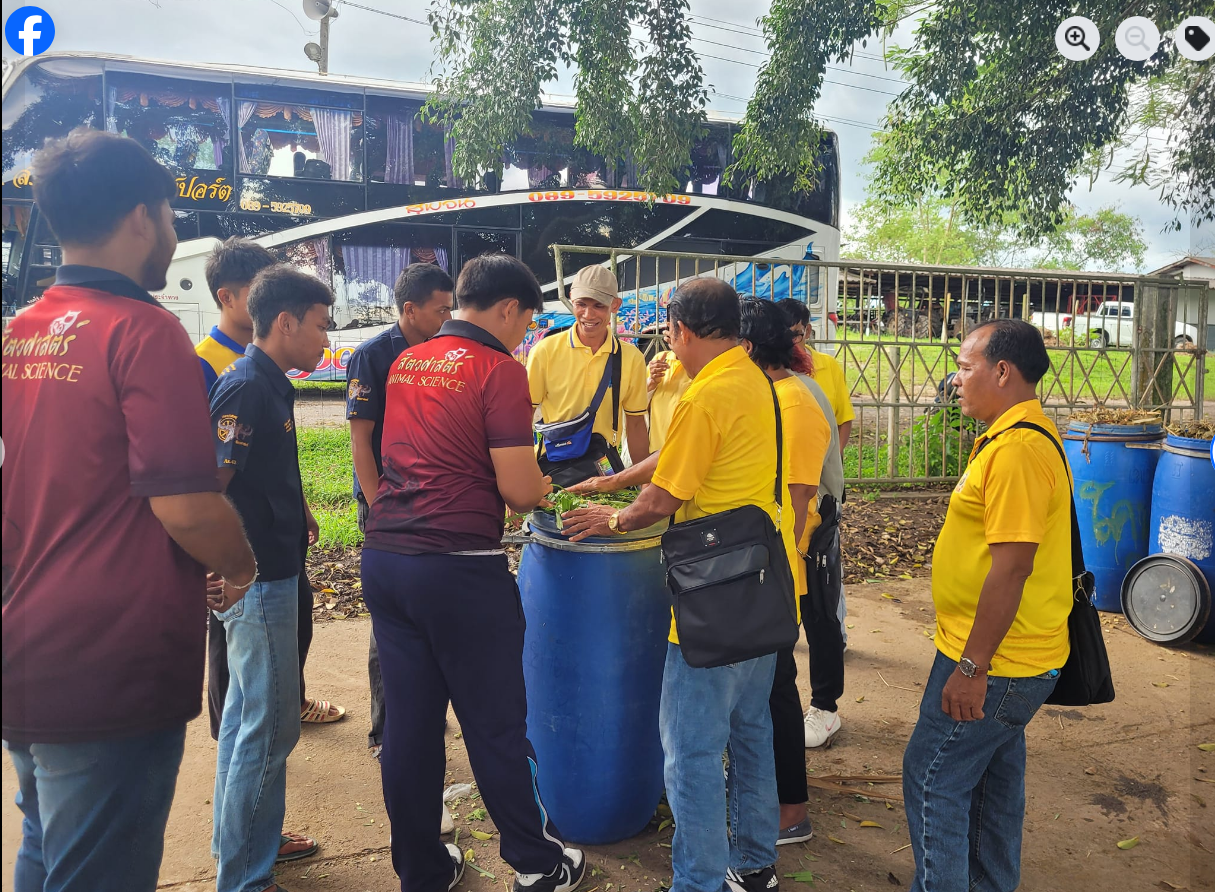
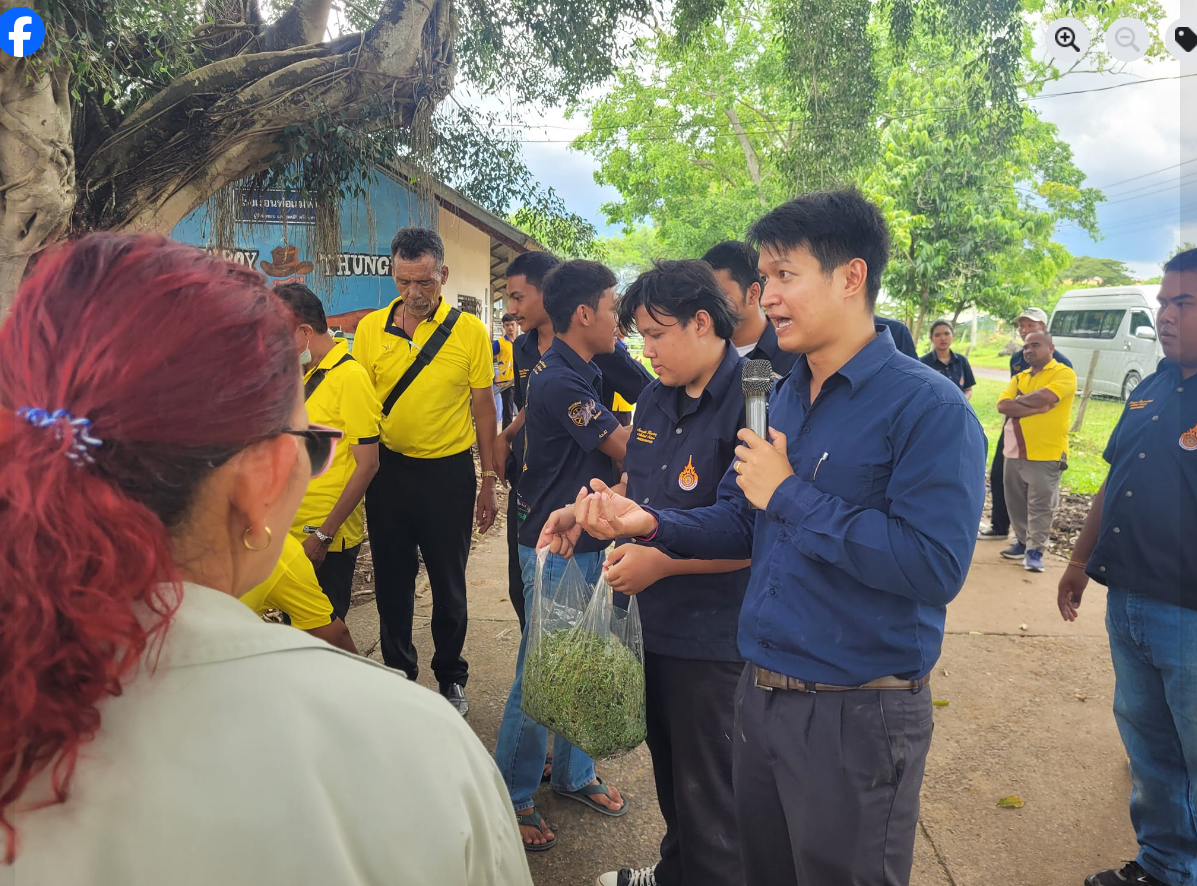
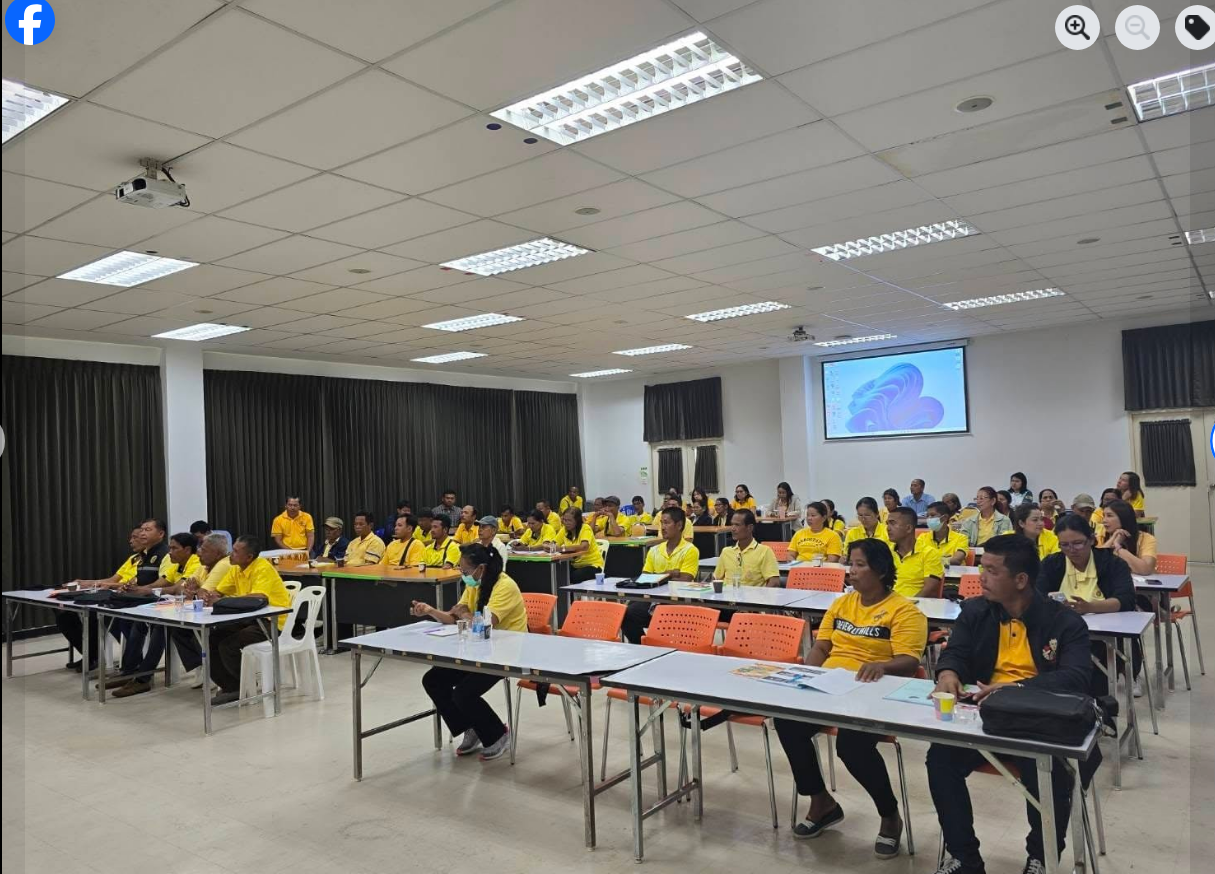
https://www.facebook.com/reel/845222480915296
https://www.facebook.com/reel/1908735366244561
https://www.facebook.com/photo?fbid=8180137798732358&set=pcb.3657666231160226&locale=th_TH

